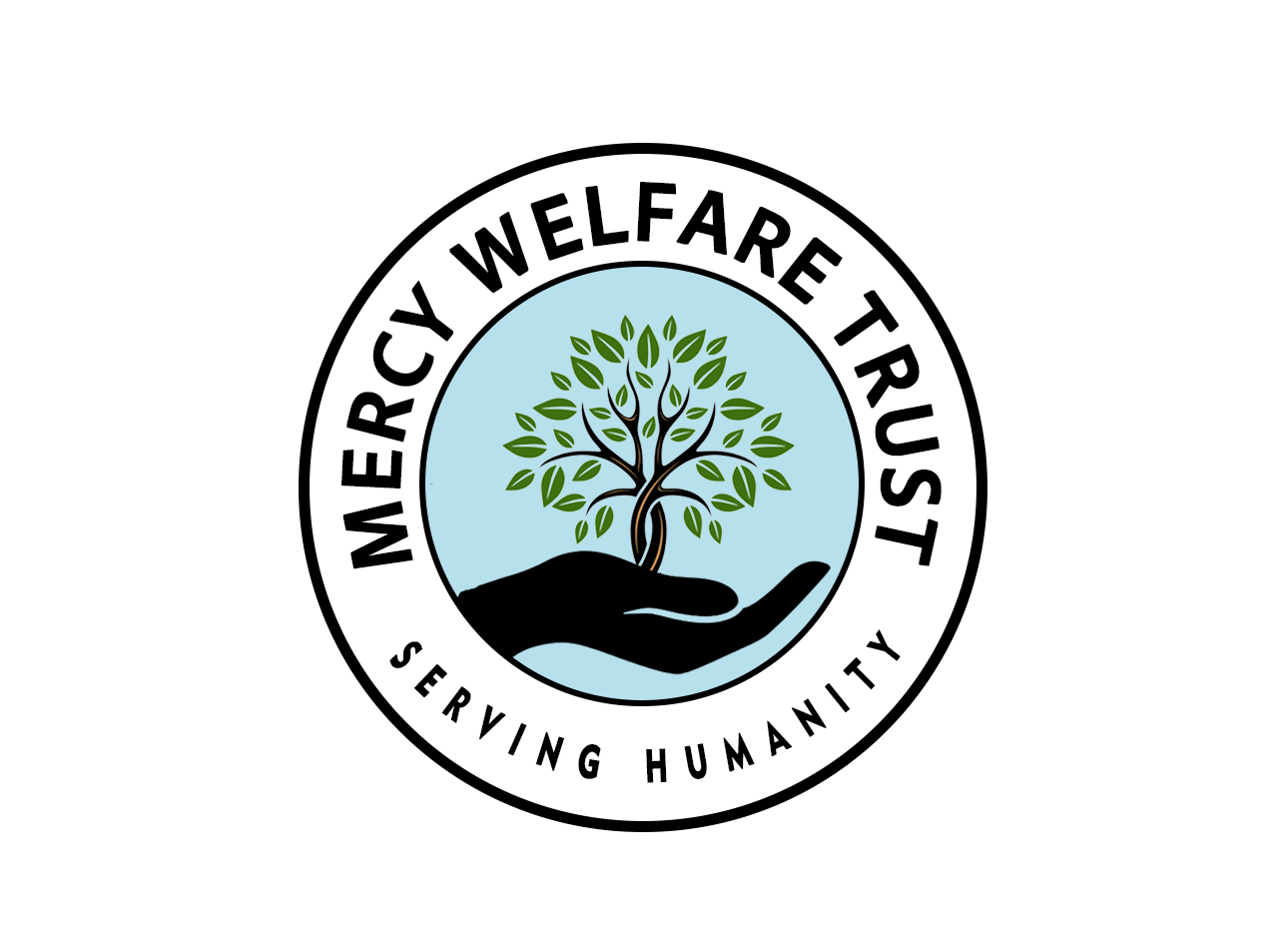
What is Zakat
The literal meaning of Zakat is purity, and in Islamic terminology, it refers to the mandatory act of almsgiving—an obligation upon every eligible Muslim to give a specified portion of their wealth to those in need. It is not merely a charitable donation, but a divinely ordained duty and one of the Five Pillars of Islam, forming the foundation of a just and compassionate society.
Allah (SWT) commands in the Holy Qur’an:
“Take, [O Muhammad], from their wealth a charity by which you purify them and cause them increase, and invoke [Allah’s blessings] upon them. Indeed, your invocations are reassurance for them. And Allah is Hearing and Knowing.”
(Qur’an 9:103)
This verse beautifully captures the essence of Zakat: it purifies both the wealth and the soul of the giver. By paying Zakat, a Muslim cleanses their heart of greed, selfishness, and attachment to worldly possessions, and instead nurtures a spirit of generosity, empathy, and gratitude.
The Obligation of Zakat
Zakat is compulsory (fardh) upon every adult Muslim whose wealth exceeds a minimum threshold known as the nisab, which is equivalent to the value of 87.48 grams of gold or 612.36 grams of silver. As of March 2022, the nisab based on the silver standard was approximately £379.66. Once a full lunar year has passed and the nisab threshold is maintained, a Muslim must pay 2.5% of their qualifying wealth—this includes cash, savings, gold, silver, business assets, and more.
The Profound Benefits of Zakat
Zakat is not just a financial transaction—it carries immense spiritual, social, and economic benefits that enrich both the individual and the wider community:
1. Spiritual Cleansing and Inner Growth
Zakat purifies wealth by removing the ill effects of hoarding and material obsession. It also purifies the heart of the giver, fostering humility, contentment, and detachment from materialism. The act of giving reminds us that our wealth is a gift and a trust from Allah—not something we possess absolutely.
2. A Test and a Blessing
The wealth and resources we are blessed with are a test from Allah. He observes how we use them—whether to uplift others or for selfish gain. Zakat is a constant reminder that our success and prosperity must serve a greater purpose. It affirms that our wealth is not solely our own; others—especially the poor and vulnerable—have a rightful share in it.
3. Eliminating Poverty and Promoting Equity
Zakat serves as a powerful social safety net, protecting the poorest members of society from hunger, illness, illiteracy, and homelessness. It redistributes wealth in a way that ensures fairness, upholds human dignity, and bridges the gap between the rich and the poor. In this way, Zakat strengthens the fabric of the entire ummah.
4. A Source of Blessing and Protection
Zakat doesn’t reduce wealth—it multiplies it. The Prophet Muhammad (SAW) said:
“Charity does not decrease wealth.” (Muslim)
Rather, it brings barakah (blessings), protects wealth from misfortune, and acts as a shield against calamity. The sincere payment of Zakat attracts Allah’s mercy and increases one’s reward in both this life and the Hereafter.
5. A Pathway to Jannah (Paradise)
Zakat is an act of worship that carries immense ajr (reward). Allah promises countless blessings to those who give sincerely. The Qur’an repeatedly praises those who spend in charity and reminds us that every act of giving for the sake of Allah is recorded and multiplied.
“And establish prayer and give Zakat, and whatever good you put forward for yourselves – you will find it with Allah.”
(Qur’an 2:110)
A Communal Act of Solidarity
Zakat is not a private matter—it’s a deeply communal act that builds unity, empathy, and trust within the Muslim ummah. It uplifts the dignity of the poor, fosters economic balance, and cultivates a shared sense of responsibility. When every eligible Muslim pays Zakat, the collective impact is transformative: education is funded, hospitals are supported, livelihoods are sustained, and hope is restored in the lives of the needy.

